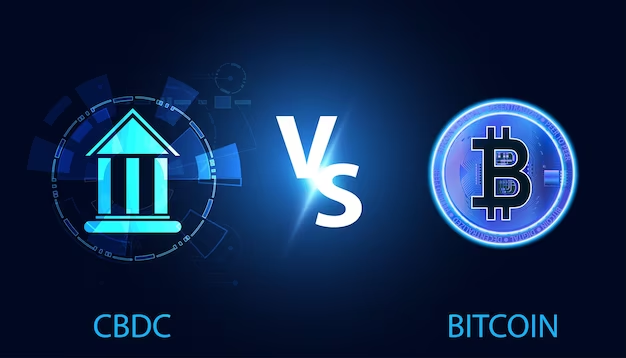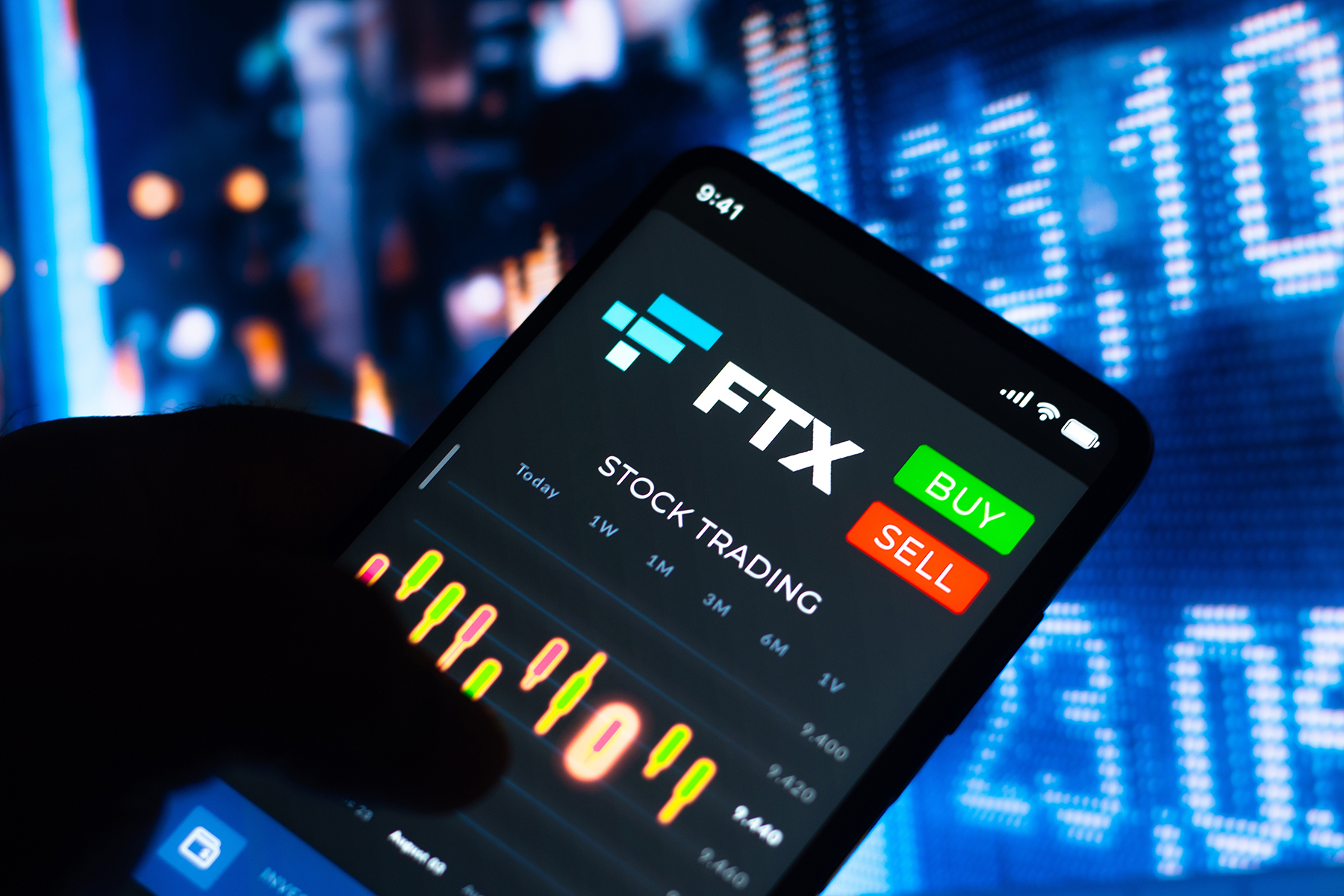Introduction
In the world of finance and technology, few innovations have garnered as much attention and controversy as Bitcoin. Since its inception in 2009 by an anonymous individual or group known as Satoshi Nakamoto, Bitcoin has disrupted traditional financial systems, challenged governments and regulators, and captured the imagination of investors, technologists, and the general public alike.
One of the most pressing questions surrounding Bitcoin is its legal status. Is it a legitimate currency, a commodity, or something else entirely? And how do various countries around the world view and regulate Bitcoin? In this comprehensive article, we will delve deep into the complex and ever-evolving landscape of Bitcoin’s legal status worldwide.
I. What Is Bitcoin?
Before we dive into the legal intricacies, let’s briefly recap what Bitcoin is and how it functions. Bitcoin is a decentralized digital currency that operates on a technology called blockchain. Unlike traditional currencies, it is not issued or controlled by any central authority, such as a government or central bank. Instead, Bitcoin relies on a distributed ledger technology that allows transactions to be recorded and verified by a network of computers, known as nodes.
Bitcoin transactions are stored on a public ledger, known as the blockchain, which is secured through cryptography. This technology ensures the transparency and security of Bitcoin transactions, making it a viable alternative to traditional financial systems.
II. Legal Status of Bitcoin: A Global Perspective
To understand Bitcoin’s legal status worldwide, we must examine how different countries and regions classify and regulate it. The legal landscape surrounding Bitcoin can be broadly categorized into four main groups:
- Bitcoin as Legal Tender
- Bitcoin as Property or Commodity
- Bitcoin as a Security
- Bitcoin as Banned or Restricted
Let’s explore each of these categories in detail and look at examples from various countries.
- Bitcoin as Legal Tender
In some countries, Bitcoin has been recognized as legal tender, meaning it can be used for everyday transactions and is treated similarly to the national currency. Here are a few examples: Read More
1.1 El Salvador
El Salvador made headlines in 2021 when it became the first country in the world to adopt Bitcoin as legal tender alongside the US dollar. The government’s move was met with both excitement and skepticism, as it raised questions about the practicality and implications of using a highly volatile digital currency for everyday transactions.
1.2 Panama
Following in El Salvador’s footsteps, Panama has also announced plans to adopt Bitcoin as legal tender. The government aims to attract investment and promote financial inclusion through this move.
1.3 Other countries
While El Salvador and Panama are the most notable examples, several other countries, such as Belarus and Zimbabwe, have taken steps to legalize or regulate Bitcoin for various purposes.
- Bitcoin as Property or Commodity
In many countries, Bitcoin is considered property or a commodity rather than a legal form of currency. This classification often results in tax implications for Bitcoin users and businesses. Some examples include:
2.1 United States
In the United States, the Internal Revenue Service (IRS) treats Bitcoin as property for tax purposes. This means that individuals and businesses must report their cryptocurrency transactions and may be subject to capital gains taxes.
2.2 Canada
Canada also classifies Bitcoin as a commodity. The Canadian government has implemented regulations that require cryptocurrency exchanges and businesses to register with the Financial Transactions and Reports Analysis Centre of Canada (FINTRAC) and comply with anti-money laundering (AML) and know-your-customer (KYC) regulations.
2.3 Australia
Australia takes a similar approach, treating Bitcoin as property for tax purposes. The Australian Taxation Office (ATO) provides guidelines on how individuals and businesses should report their cryptocurrency transactions.
- Bitcoin as a Security
In some jurisdictions, Bitcoin is viewed as a security, subjecting it to securities regulations and oversight. This classification is often applied when Bitcoin is involved in initial coin offerings (ICOs) or other investment schemes. Examples include: Read More
3.1 United States
The U.S. Securities and Exchange Commission (SEC) has taken action against numerous ICOs and cryptocurrency projects that it deems to be securities offerings. Bitcoin itself is not classified as a security, but certain tokens and projects built on blockchain technology may fall under this category.
3.2 United Kingdom
The Financial Conduct Authority (FCA) in the United Kingdom has introduced regulations that require businesses conducting crypto-related activities to register and comply with AML and KYC requirements.
- Bitcoin as Banned or Restricted
In some countries, Bitcoin is outright banned or heavily restricted due to concerns about its potential use in illegal activities, tax evasion, or its perceived threat to the stability of the national currency. A few examples include:
4.1 China
China has had a complex relationship with Bitcoin. While the country was once a major hub for cryptocurrency mining and trading, it has since imposed strict bans on cryptocurrency activities, including trading and mining.
4.2 India
India has also had a tumultuous relationship with cryptocurrencies. The Reserve Bank of India (RBI) banned banks from providing services to cryptocurrency businesses in 2018. However, this ban was lifted in 2020 by the Supreme Court of India. The Indian government is still considering various regulatory approaches.
4.3 Algeria
Algeria has gone a step further by completely banning the use, holding, purchase, and sale of cryptocurrencies. Violators can face severe penalties under Algerian law.
III. The Challenges of Regulating Bitcoin
The legal status of Bitcoin is a contentious issue that presents numerous challenges for governments and regulators worldwide. Here are some of the key challenges:
- Regulatory Variability: The lack of uniformity in how countries classify and regulate Bitcoin makes it difficult for individuals and businesses to navigate the global cryptocurrency landscape. This variability can lead to confusion and legal risks.
- Volatility: Bitcoin’s price volatility raises concerns for governments and central banks. Using Bitcoin as a national currency can expose economies to significant risks, as seen in the case of El Salvador.
- Taxation: Determining how to tax Bitcoin transactions and capital gains can be complex. Tax authorities must strike a balance between encouraging innovation and ensuring fair taxation.
- AML and KYC Compliance: Regulators face challenges in preventing money laundering and illicit activities while respecting user privacy and the decentralized nature of cryptocurrencies.
- Consumer Protection: Investors in cryptocurrencies are at risk of fraud and scams, and regulatory frameworks must provide adequate protection while fostering innovation.
IV. Recent Developments and Future Trends
As the cryptocurrency space continues to evolve, so do the regulatory approaches of governments worldwide. Here are some recent developments and potential future trends to watch:
- Central Bank Digital Currencies (CBDCs): Many countries are exploring the creation of CBDCs, digital versions of their national currencies. These could coexist with, or even replace, cryptocurrencies like Bitcoin.
- Global Regulatory Coordination: There is growing recognition of the need for international coordination in regulating cryptocurrencies. Bodies like the Financial Action Task Force (FATF) are working to establish global standards.
- Increased Enforcement: Regulators are stepping up enforcement actions against unregistered cryptocurrency exchanges, fraudulent ICOs, and other illicit activities in the crypto space.
- Stablecoins: The rise of stablecoins, which are cryptocurrencies pegged to the value of traditional assets, has raised questions about their regulatory treatment and potential impact on financial stability.
- DeFi Regulation: The decentralized finance (DeFi) sector presents unique challenges for regulators, as it operates on blockchain technology and often lacks centralized intermediaries. Regulators are considering how to address the risks and opportunities associated with DeFi platforms.
- Environmental Concerns: The environmental impact of Bitcoin mining, particularly its energy consumption, has become a major concern. Some countries and regions are exploring ways to encourage more sustainable mining practices.
- Crypto Innovation Hubs: Certain countries are positioning themselves as hubs for cryptocurrency and blockchain innovation, offering regulatory sandboxes and favorable environments for startups in the crypto space.
- Legal Challenges: Legal disputes involving Bitcoin, such as cryptocurrency theft, fraud, and regulatory conflicts, are on the rise. Courts are faced with interpreting existing laws in the context of this emerging technology.
V. Conclusion
The legal status of Bitcoin around the world is a complex and evolving issue. While some countries have embraced it as a legitimate form of currency, others have banned or heavily regulated it. The decentralized nature of Bitcoin and its global reach make it challenging for governments to apply uniform regulations.
As the cryptocurrency ecosystem continues to mature and innovate, governments and regulators will need to strike a balance between fostering innovation, protecting consumers, and addressing potential risks. The legal landscape for Bitcoin is likely to evolve significantly in the coming years, with new regulations, technologies, and use cases emerging.
In this ever-changing environment, individuals, businesses, and investors involved in the cryptocurrency space must stay informed about the legal status and regulatory developments in their respective jurisdictions. It is essential to seek legal and financial advice when dealing with cryptocurrencies to ensure compliance with local laws and regulations.
Bitcoin’s journey from being a mysterious digital experiment to a global financial asset has been remarkable. Its legal status around the world is just one aspect of its fascinating evolution. As we move forward, the world will continue to watch, debate, and adapt to the impact of Bitcoin and blockchain technology on our financial and economic systems. The story of Bitcoin is far from over, and its legal status will remain a central topic of discussion in the years to come.




















